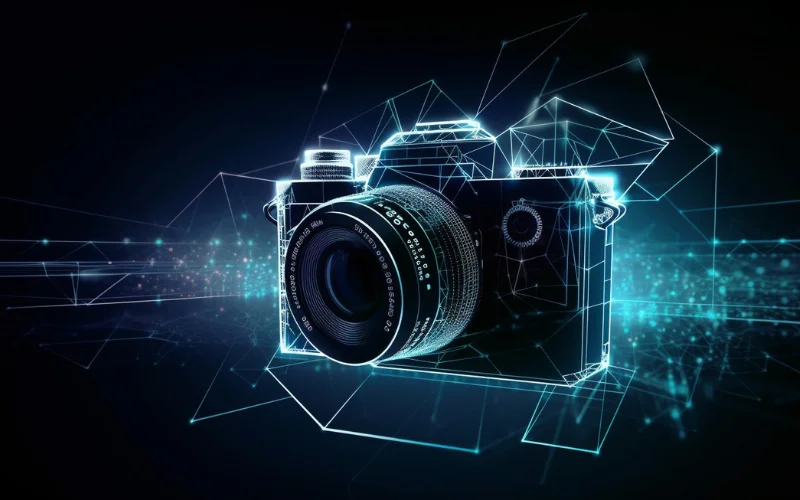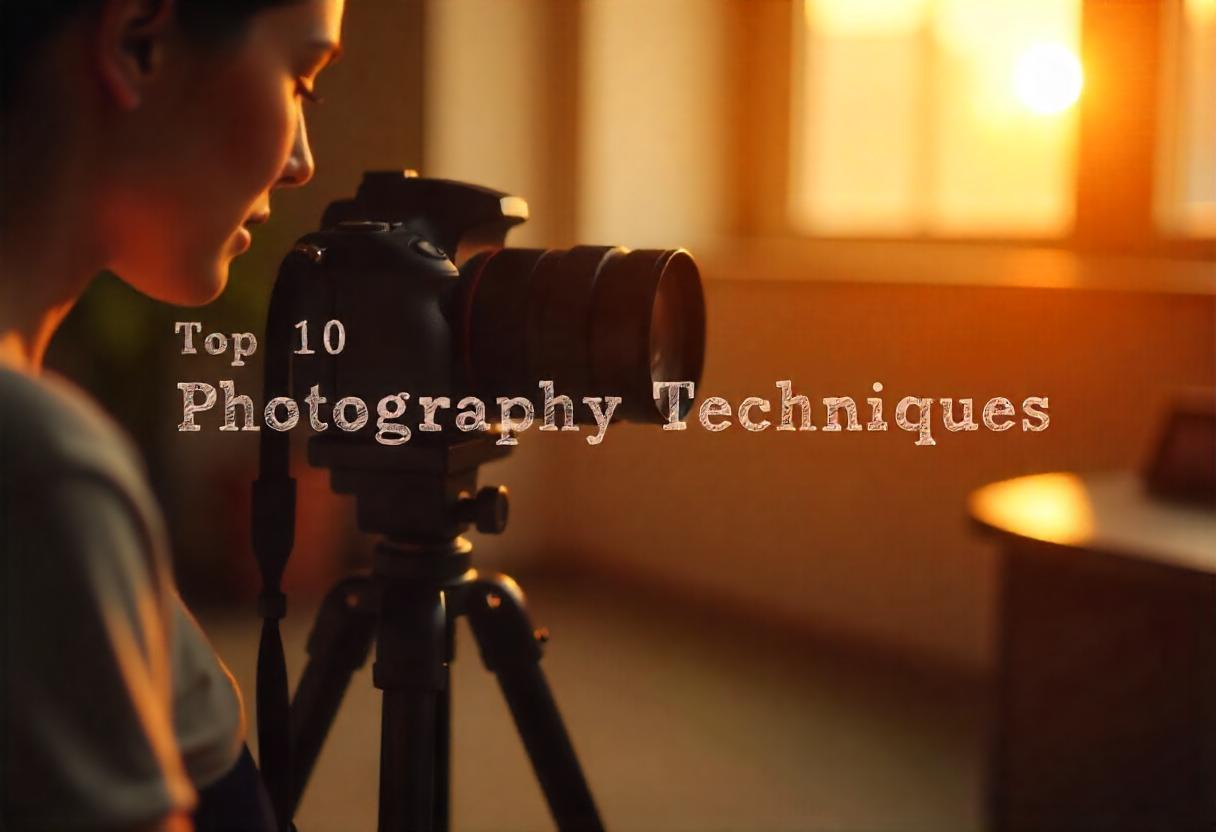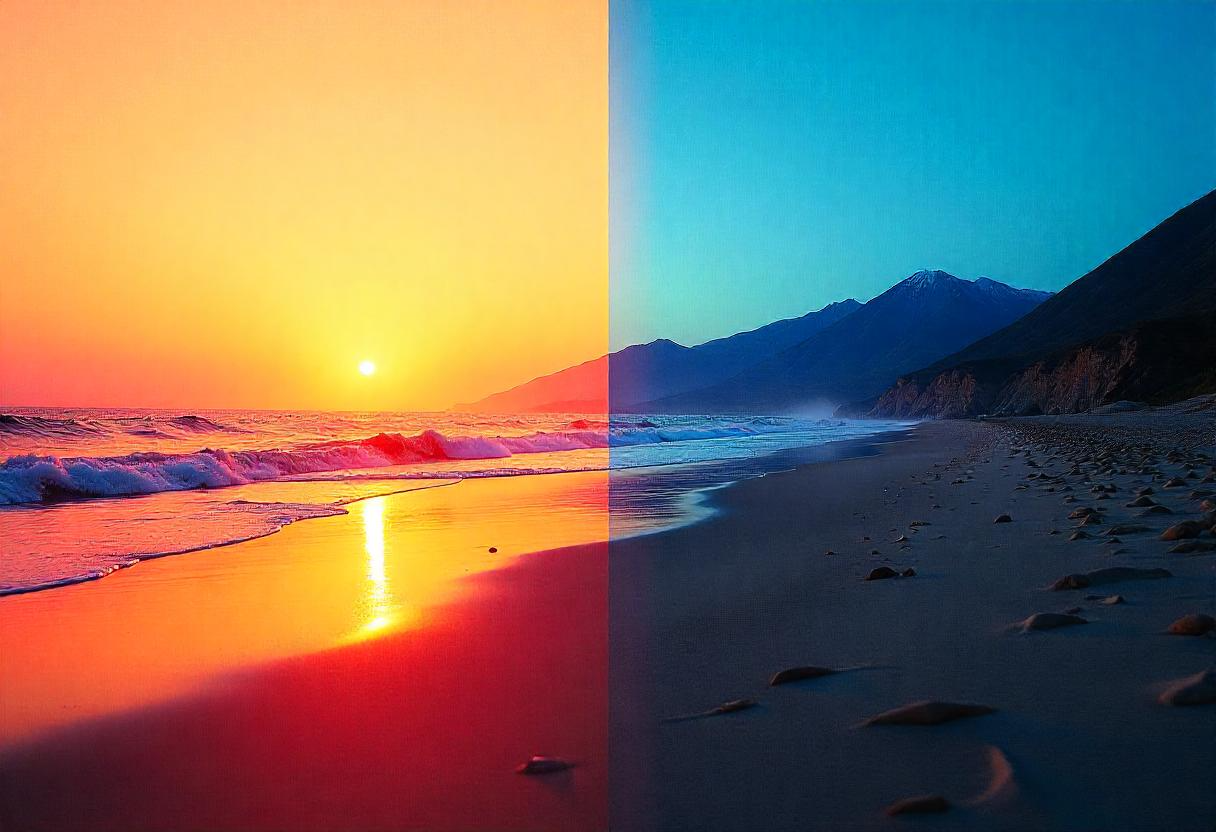The Role of AI in Revolutionizing Modern Photography
Artificial Intelligence (AI) has transformed a number of industries in recent times and Modern photography is one among them. By utilizing advanced Algorithms and Machine Learning (ML), AI can analyze, enhance, and create clear and highly professionalized images.
This blend of technology and artistry has expanded the possibilities in photography for both professionals and enthusiasts. Let’s delve into how AI is revolutionizing photography as well as Photography Courses in Delhi and its impact on capturing timeless moments.
What Is AI in Photography?
AI in photography uses advanced-level Algorithms and computational processing to interpret and analyze visual data. This capability allows the software to recognize patterns easily, identify objects or scenes, adjust colors, and even create entirely new images.
In practice, this means a photograph can undergo extensive enhancements with minimal human intervention. From removing imperfections and enhancing details to applying artistic styles, AI has the power to revolutionize our perception and interaction with visual content.
Read Also: Macro Photography: Discovering a World of Tiny Wonders
AI primarily relies on Machine Learning, Deep Learning techniques, and computer vision to achieve smart visual functionality. These elements lay the cornerstone of AI in photography to enable enthusiasts and professionals to access various tools and techniques that enhance their ability to capture, edit, and create visually stunning imagery.
Importance of AI in Modern Photography
AI has significantly transformed the photography industry in various ways. Below are some key points highlighting its impact:
- Enhanced Accessibility: AI-powered tools have made professional-grade photography accessible to beginner-level Professional Photographers by eliminating the need for a deep understanding of intricate camera settings and post-processing techniques. This democratization helps a wider audience to express themselves clearly and confidently through visual storytelling.
- Streamlined Post-Production: Smart technology has reduced the time drastically for post-production tasks. Today, sorting through thousands of images or applying complex adjustments has become a lot easier and takes roughly a fraction of the second. This allows photographers after completing their Photography Course to focus more on their artistic vision.
- Increased Creative Output: The efficiency that is brought by AI tools means that photographers can produce more work in comparatively less time. This newfound efficiency not only enhances creative output but also provides photographers with more opportunities to experiment and innovate.
- Simplified Learning Curve: With AI, learning new photography techniques or software has become more straightforward. Just as photographers can easily learn to buy Bitcoin in the UK, mastering the latest editing software is now more accessible, thanks to user-friendly AI advancements.
Read Also: How to Build a Successful Career in Photography: A Complete Guide
AI Impact on Image Quality and Aesthetics
AI technologies are fundamentally transforming image quality and aesthetics in photography. These advancements allow photographers to enhance their work with unparalleled precision and efficiency. Here are some key points outlining these innovations for photographers who have completed their Photography Courses in Delhi.
- Noise Reduction and Color Correction: AI-powered noise reduction techniques have enhanced image quality to significant levels, especially under low-light conditions. By analyzing and reducing noise intelligently while preserving essential details and textures, AI systems can automatically adjust white balance, saturation, and tonal range with remarkable accuracy. This helps in achieving results that once required extensive manual effort.
- Advanced Sharpening Techniques: Modern AI sharpening Algorithms have become increasingly sophisticated. They help enhance edges and textures intricately without introducing artifacts. This results in crisper and more detailed images that maintain a natural look.
- Applying Aesthetic Principles: AI can now be applied to complex aesthetic principles in images, analyze composition, and suggest crop adjustments to improve visual balance and impact. These tools can easily identify and enhance key elements in a photo. These include faces or landscapes on the basis of established artistic guidelines and different lighting conditions.
- Generative AI in Visual Content Creation: Generative AI has been continually revolutionizing how visual content is created and manipulated. AI Algorithms can easily produce stunning images, ranging from text prompts to existing visuals, making professional-looking visuals more accessible without needing advanced skills. However, this technology raises ethical concerns pertaining to copyright, attribution, and potential misuse for spreading misinformation.
- Digital Art and AI Influence: AI reshapes how digital arts are made, with artists incorporating Generative Algorithms into their creative processes. This approach leads to newer artistic styles and techniques. Moreover, with such a fusion of human creativity and Machine Learning capabilities, professional photographers can enhance individual creative possibilities. Although there are concerns about its impact on collective originality and definitions of artistic skill.
Read Also: How to Become a Professional Photographer: A Step-by-step Guide
Implications for the Photography Business
AI is playing a key role in enhancing the possibilities of the photography industry, reshaping workflows, and creating new opportunities for development. Here are some of the key points that highlight these changes:
- Revolutionizing Commercial Workflows: AI-powered software can automatically enhance images, saving photographers valuable time in post-processing. These tools can quickly analyze large image datasets to identify popular styles and trends, helping photographers refine their work efficiently.
- Optimizing Client Interactions: Automated scheduling systems and chatbots are streamlining booking processes, allowing Professional Photographers after completing their Photography Course to focus more on their creative work. This results in improved client interactions and overall business efficiency.
- AI-Driven 3D Reconstruction: New AI technologies, such as AI-driven 3D reconstruction tools, have created immersive virtual environments from 2D images in the 21st century. This opens up new-scale markets in the fields of real estate and product photography, thus offering innovative ways to showcase properties and products.
- Enhanced Image Recognition: AI-powered Image Recognition enables more efficient keywording and categorizing of large photo libraries. This is particularly valuable for stock photography businesses that are looking to improve their searchability and increase sales potential.
- AI-Assisted Photo Editing Apps: The rise of AI-assisted photo editing apps has made professional-quality editing more accessible to experienced photographers. This trend has the potential to shift market dynamics for professional editing services.
Read Also: The Best Professionally Approved Photography Courses in India
Future of AI in Photography: Trends to Observe
The rapid progress of technology will continue to redefine the landscape of photography, with artificial intelligence playing an increasingly central role. Looking ahead, we can outline several key trends and innovations:
- Real-time Processing and Feedback: Future smart systems will provide instant feedback on composition, exposure, and other critical aspects while capturing an image. This will help photographers to make on-the-fly adjustments, which further results in more precise and impactful shots.
- Contextual Understanding: AI Algorithms will evolve to build a deeper understanding of the context in which a photograph is taken. The technology can seamlessly adapt to specific environments. These include lighting conditions and subjects for more accurate and tailored adjustments.
- Multimodal Capabilities: Intelligent systems may integrate with other technologies, such as audio or text analysis. This approach provides a more comprehensive understanding of the context in which an image is captured.
- AR Integration: AI-powered Augmented Reality (AR) will enable users to interact seamlessly with virtual elements which are integrated into the real world. This could range from dynamic informational overlays to interactive storytelling experiences.
- Spatial AI for 3D Photography: Spatial recognition will enable the creation of immersive 3D photographs. This technology further allows users to capture and share scenes in a way that goes beyond traditional 2D images.
Read Also: Complete Guide to Travel Photography Gear and Tools
Conclusion
AI transforms modern photography by enhancing accessibility, streamlining post-production, and boosting creativity. By leveraging Machine Learning and computer vision, AI will continue to upgrade image quality, simplify workflows, and introduce innovations like generative art and 3D reconstruction with time.
So, whether you are a beginning or an advanced-level professional, AI tools will revolutionise how we capture, edit, and interact with visual content.
We hope you liked this informative post. For more information about Photography skills, or if you are looking to enroll in any of our Photography Courses in Delhi, connect with our AAFT team today!











